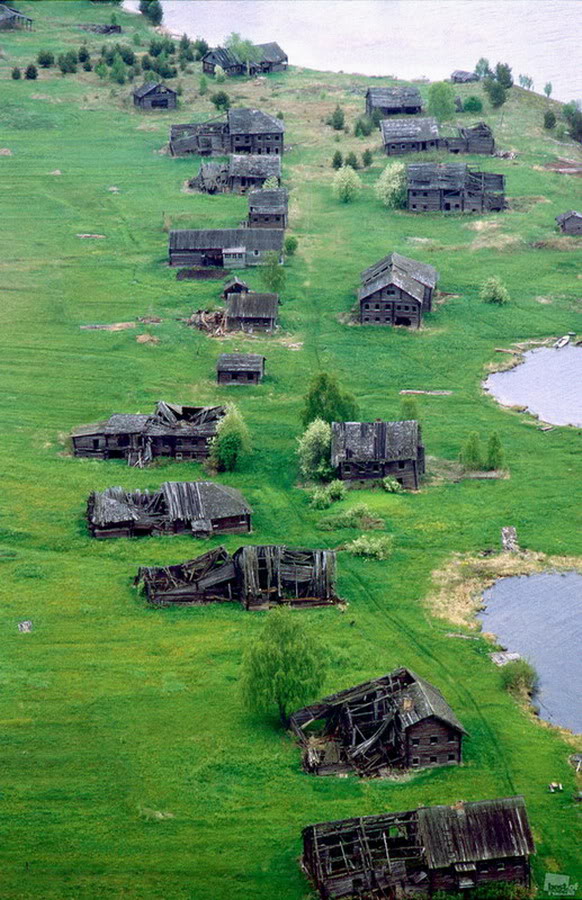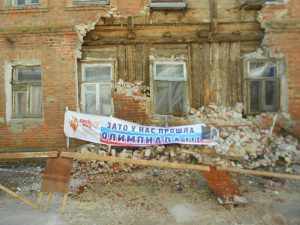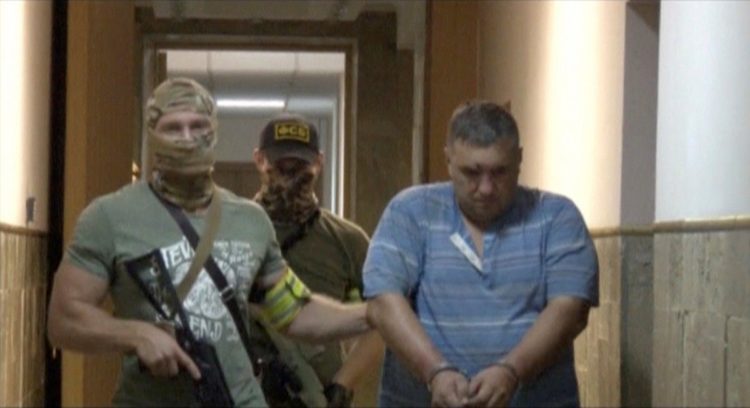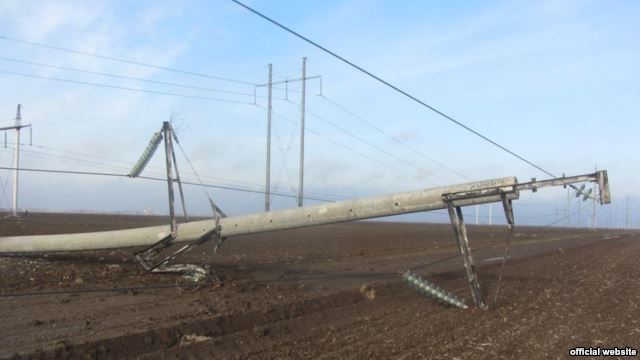The Russian Federation is not sustainable in its current form, Lilia Shevtsova says. “It is the last empire of its type in the 21st century, and it cannot respond to a single contemporary challenge.” Consequently, it “is on the road to the cemetery” but just when is impossible to say.

In an interview with Belaruspartisan.org, the Moscow political analyst says that the Kremlin is very good at political manipulation, “but the Russian Federation is not a stable state. Sooner or later, Russia will repeat the path of the Ottoman Empire or Austro-Hungary… which fell apart a century ago.”
She argues that Russia must “find a civic form for Russian nationalism and convert itself into a nation state. On this,” she says, “depends stability on the entire Eurasian space.” But at present it is not very clear exactly how Moscow will manage this or whether it can manage it at all.
In comments on Russia’s Day of National Unity which in recent years has featured marches by Russian nationalists and worries about their strength, Shevtsova points out that “until 2013,” there were among many Russian nationalists many “anti-Putin and anti-Kremlin attitudes.”

The war in Ukraine and the appearance of the idea of “a Russian world” hit at these democratic inclinations among Russian nationalists, she continues, noting that “even the democratic wing of Russian nationalism became a means and an instrument of restoring the empire. Nationalism on behalf of the empire.”

“Unfortunately, the West now has many of its own headaches,” with German Chancellor Angela Merkel wanting to “solve the problem of Ukraine on the basis of the principle of that country’s territorial integrity, with the exception of Crimea.” But her other problems give her less room to continue to press for this.
Given that, Putin may decide to use force. “Escalation is possible at any moment,” Shevtsova says. And it could even occur “despite his wishes because Moscow cannot control everything in the Donbas.”

But one thing is clear: the Novorossiya project has been shut down for the time being, not so much because of the West but “for another reason: playing with Russian nationalism and ‘in the Russian world’ can in a horrifying way turn against Russia,” Shevtsova points out.
Indeed, “Russian nationalism of an ethnic type or a fascist type represent a bomb under the Russian Federation.” It can only be approached “very carefully” given the “very serious consequences” it can have for the future of the country. And that makes a Moscow drawback in the Donbas especially difficult.

Putin’s efforts to leave Ukraine and reduce the level of open conflict in the Donbas have already led to “confusion in the ranks of the Russian nationalists,” the Moscow analyst says. “And we still do not know in what direction this varied mass of people will go.” But obviously the Kremlin is worried about the militants coming home.
There are obviously several things the Russian government might try, she continues. It might simply shoot them at the border as it did Soviet soldiers who wanted to retreat during World War II. Or it might find another place for the energies of the Russian world to go – possibly Syria or even Central Asia.
But whatever course Putin decides upon – and it is hard to specify because his only strategy is to survive until the next day, Shevtsova argues – it will be very difficult for his Russia to escape from the paradigm of war into which the Kremlin has led the country.







